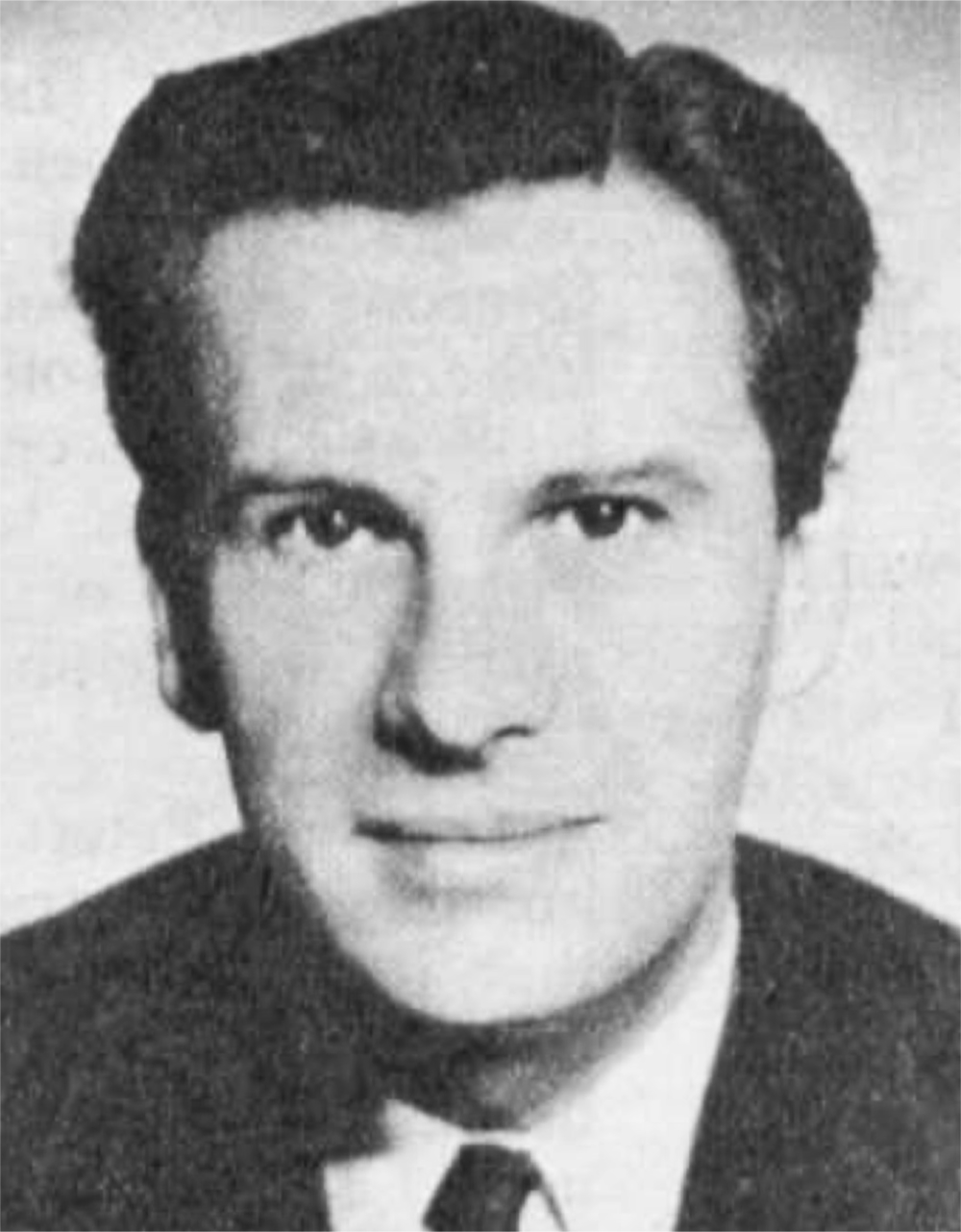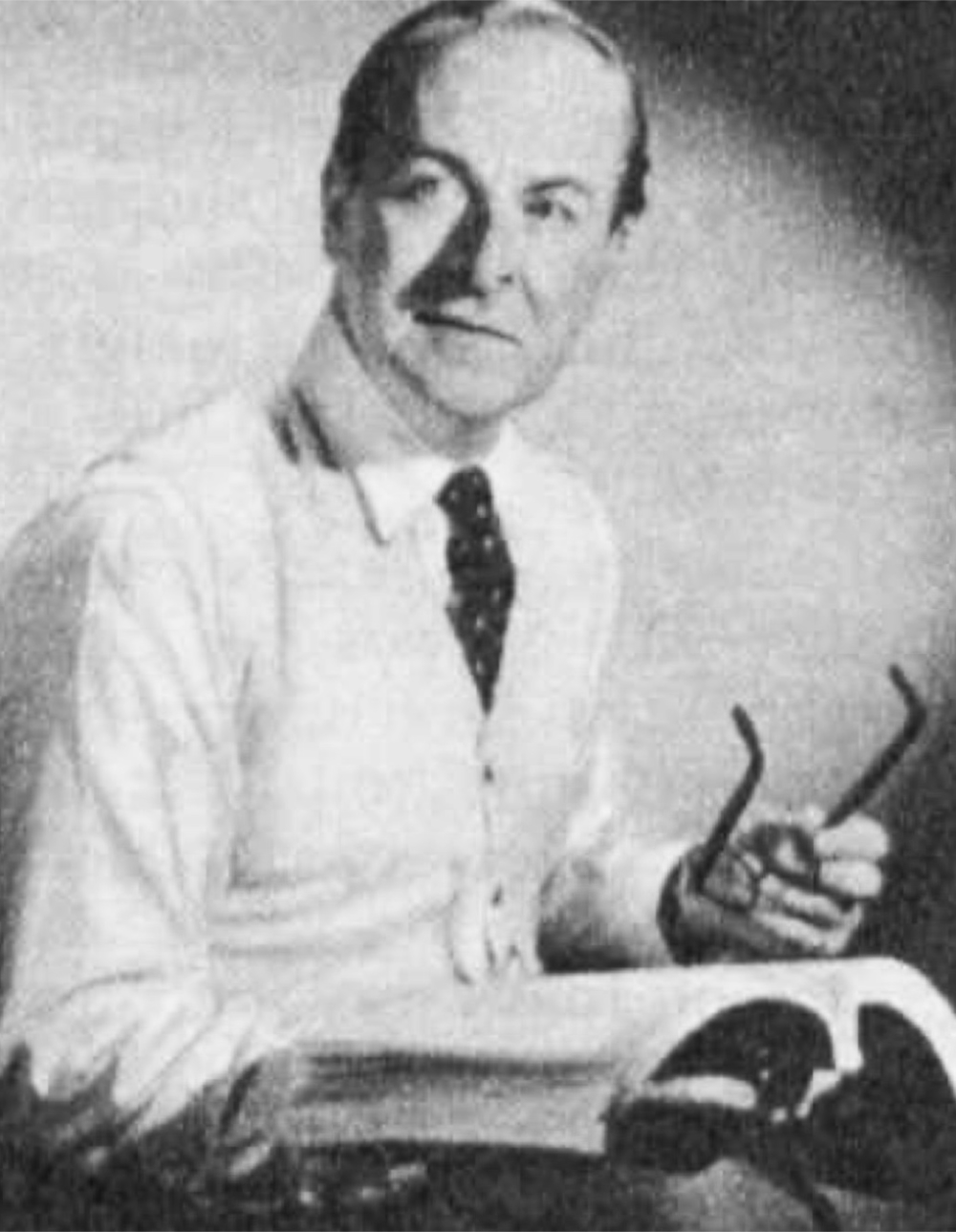Backstage with ‘On Stage’
Going backstage with the producers of A-R’s ‘On Stage’ in 1957

BEHIND the title On Stage is a wealth of interest and information about the living theatre — and what goes on in the wings, the stalls and the gallery as well as actual mummery behind the footlights.

The programme does — as it sets out to do — cover every aspect of life among the limelights and the shaded lights. Plays, opera, ballet, actors, playwrights, critics and the audience and the scene-shifters will have their part.
Even “spot news” affecting the theatre as such comes within the magic web that is being woven each week by Norman Marshall, Head of Drama for Associated-Rediffusion, Director Peter Morley and the programme deviser, Henry Kendall.
☆ ★ ☆
Just how lively and widespread is the scope of On Stage I have been learning on a backstage tour of observation with this team. And to pinpoint their determination on topicality whenever the opportunity presents itself, take the spirited discussion over the threat to the St. James’s Theatre in London.
I “sat in” with Peter Moriey and the camera and lighting crew for a whole morning session at the home of Sir Lewis Casson and Dame Sybil Thorndike.
We spent a day in the St. James’s Theatre rehearsing and shooting a specially edited version of the thriller It’s the Geography that Counts starring John Gregson — possibly the last play the theatre will put on.
This sense of immediacy in the approach of On Stage was clearly brought out at the first conference on the programme.
Peter Morley suggested doing something on Oh! My Papa!, which arrived in London only this month.
It was agreed that the show should be got into the studio as quickly as possible so that Ludovic Kennedy could interview the cast and a slice of the show could be introduced into the programme. As a result of fast work on these decisions, viewers will have a front seat for Oh! My Papa! in the July 31 On Stage.

That first conference continued roughly on these lines :
Norman Marshall: Now what about Stratford? I’d like to do the full half-hour on that — give it the full treatment… investigate the commercialism of Shakespeare’s name… talk to the Americans about it… do a real documentary.
Peter Morley: Fine. There’s Covent Garden opera, too. Money troubles there all the time…
While this went on the phone was ringing frequently. Peter Brook, producer of Titus Andronicus, was on one line… someone from the London County Council on another about defending themselves over the sale of St. James’s Theatre…
Norman Marshall’s secretary made arrangements for him to spend a weekend of investigation at Stratford… there was talk of getting Sir John Gielgud to audition some young, aspiring actors before the mike and cameras… suggestions for getting the author of a play attacking Christianity to argue with a senior Churchman.
☆ ★ ☆
Out of all the talk, suggestions and counter-ideas evolved schemes for a whole series of programmes. These included puppet theatres, temperament in actors, training animals for the stage, what goes on in famous drama schools, club theatres — and a host of other plans.
In a series as flexible as On Stage has to be — ringing the changes from live broadcasts, filmed interviews and studio presentations — every man in the unit is continually looking ahead. And none more so than cameraman Harry Hart and sound-mixer Stan Clark. I went out with them in a unit car crammed with equipment. As we drove to our location they were considering the lighting probabilities, the outside noises that so easily wreck the best-laid plans of any production team. AH such possibilities have to be anticipated, emergencies tackled.
One member of the outfit particularly will have to be on his toes — Ludovic Kennedy, the newscaster of Independent Television News who is both compere and interviewer of On Stage and who links the various items in each programme.
With a programme of this kind, topicality is an insistent demand, and preparation is but a short step to action. Cameras, sound equipment, lights, miles of cable have to be transported and installed in theatres, people’s homes — upstairs and downstairs — wherever film has to be taken.
And, remember, a whole day’s exacting work of this nature can result in only about eight minutes’ viewing.
It was like this at the St. James’s Theatre — and at the ticket agency in the second programme. It will be like it at every rush job that is tackled: ceaselessly demanding activity on top of imaginative ideas provocatively presented.

Besides these purely production problems, of course. On Stage must be constantly alive to material for programmes, finding people who are prepared to speak authoritatively and at short notice on matters of the moment.
With these and other aspects of his task in mind, I asked Norman Marshall how long the series would run. Said he:”Providing we’re on the ball every inch of the way, there is no reason why On Stage should not become as permanent as This Week — as urgent, as topical, as entertaining.”
About the author
Paul Sheridan wrote for the TVTimes






